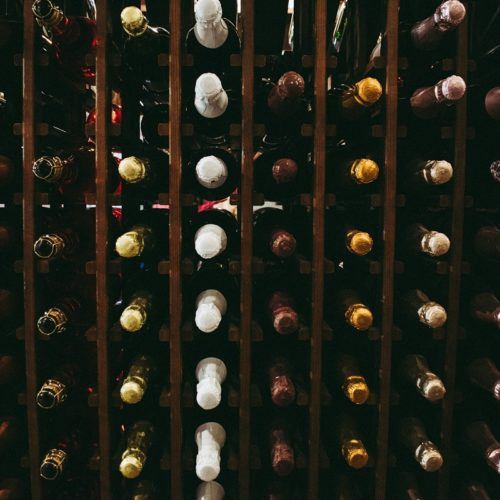Coffee culture in the United Kingdom has been undergoing a transformation in recent years, and one of the standout trends is the surge in popularity of decaf coffee. Once considered a niche choice, decaffeinated coffee has become a staple for many, reflecting a growing awareness of caffeine’s effects and a desire for diverse taste experiences. In this blog, we will explore the rise of decaf coffee in the UK, the diverse world of decaffeinated coffee beans, and the various brewing methods that bring out the best in decaf.
Decaf Coffee: A Soothing Alternative
For those who adore the taste and aroma of coffee but are caffeine-conscious, decaf coffee is the answer. Decaffeination methods have improved significantly, allowing coffee lovers to enjoy the rich flavours of coffee without the stimulating effects of caffeine.
In the UK, the demand for decaf coffee has been steadily rising as people seek a soothing and flavourful alternative. Coffee roasters and suppliers in the UK now offer a wide variety of decaffeinated options, making it easier than ever to find decaf coffee that suits your taste preferences.
Decaffeinated Coffee Beans: A World of Possibilities
Exploring the world of decaffeinated coffee beans can be a delightful journey of discovery. Here are some factors to consider when selecting your decaf beans:
- Origin: Just like regular coffee, decaf coffee can be sourced from various regions around the world. You can explore the nuances of different regions and their flavour profiles by trying decaf beans from South America, Africa, Asia, or Central America.
- Processing Methods: Decaffeinated coffee beans are processed to remove caffeine while preserving their flavour. Common decaffeination methods include Swiss Water Process and CO2 extraction. Each method may impart unique characteristics to the beans.
- Roast Level: You’ll find decaf beans available in a range of roast levels, from light to dark. The roast level can significantly influence the taste, with lighter roasts preserving more of the bean’s natural flavours and darker roasts offering richer, caramelised notes.
Brewing Methods for Decaf Coffee: Perfecting the Experience
The beauty of decaf coffee lies not just in the beans but also in the brewing methods that highlight its flavours. In the UK, where coffee aficionados are continually experimenting with brew techniques, there are several methods to consider:
- Pour-Over: This method allows for precise control over brewing time and water temperature, making it ideal for showcasing the nuances of decaf coffee.
- Aero Press: Known for its versatility, the Aero Press can produce a rich and clean cup of decaf coffee. It’s a popular choice among home brewers in the UK.
- French Press: The French press method extracts bold flavours from decaf coffee beans, delivering a robust and full-bodied cup.
- Espresso: Decaf coffee can be used to make espresso-based drinks like lattes and cappuccinos, offering a creamy and indulgent option for those who prefer their coffee with milk.
- Cold Brew: The cold brew method is perfect for decaf coffee, as it results in a smooth, low-acid brew that’s ideal for iced coffee.
In conclusion, the rise of decaf coffee in the UK signifies a shift in coffee culture towards greater inclusivity and a deeper appreciation for the diverse world of coffee beans. Whether you’re savouring a pour-over, Aero Press, or a classic espresso, decaf coffee offers a spectrum of flavours and experiences. By exploring different decaffeinated coffee beans and brewing methods, you can embark on a flavourful journey that caters to your caffeine-conscious preferences. The UK’s coffee scene continues to evolve, ensuring that there’s a perfect cup of decaf waiting for every coffee lover.


